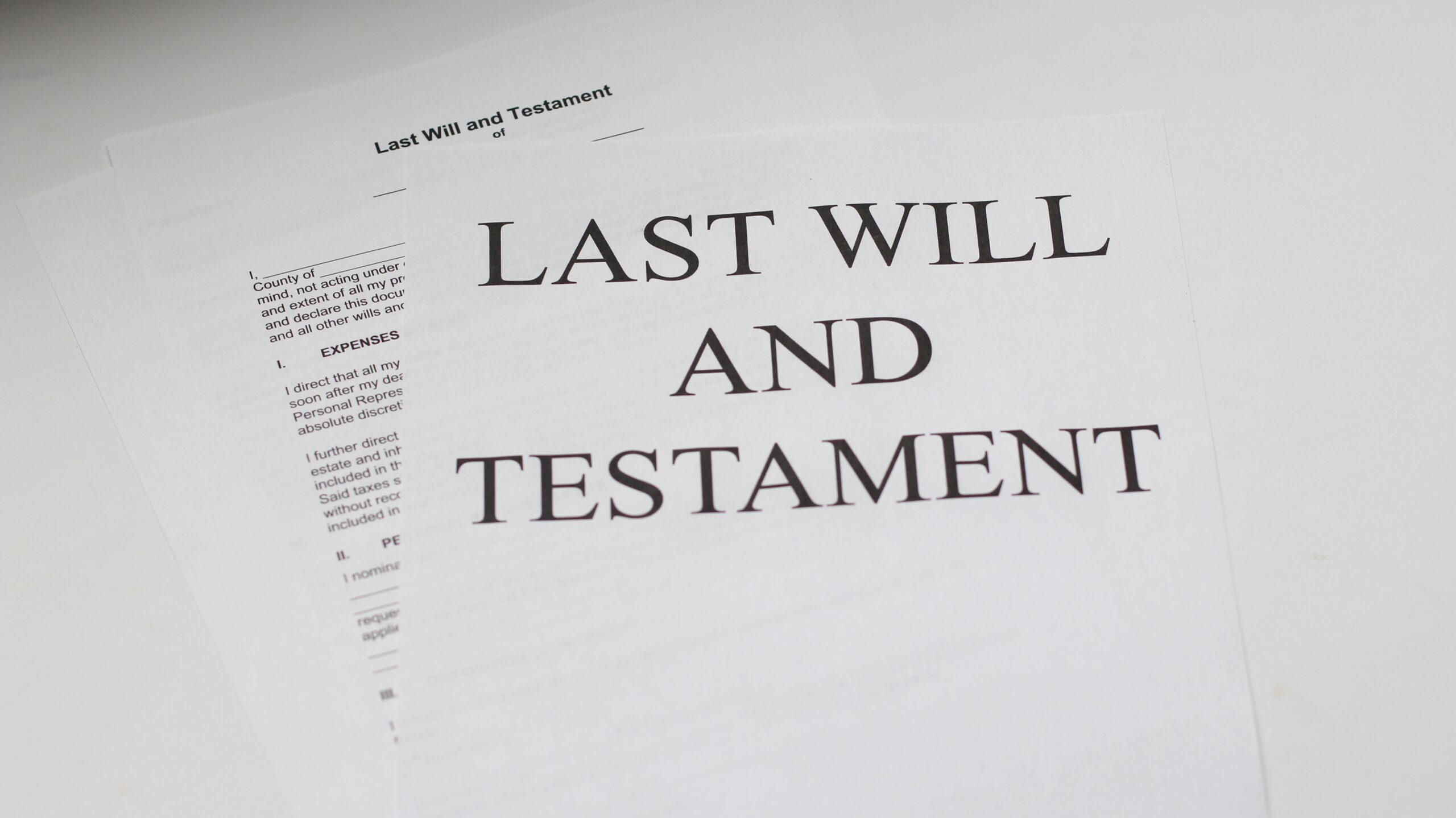Considerations when preparing a Will
A Will is a legal document recording how you would like your assets dealt with after you die. Anyone over the age of 18 years and of sound mind can make a Will which can be updated at any time provided they have the capacity to do so.
Your Will should appoint one or more executors who will be responsible for administering your estate, and direct how your assets will be left or divided amongst your beneficiaries. Your Will can also appoint guardians for minor children and provide directions for funeral arrangements.
Certain legal formalities must be met when a Will is prepared. For example, if not correctly signed or witnessed, there is a risk that a Will might be invalid or contested. A lawyer can make sure your Will is clear, properly prepared, signed and witnessed.
Some things you might need to consider when preparing your Will include:
- Your choice of executor – this could be a family member, trusted friend, or professional, capable of following the instructions outlined in your Will.
- Your beneficiaries – and how you would like to divide your property amongst them.
- If you have young children, the appointment of a suitable guardian to look after them should you die before they are old enough to look after themselves.
- Whether you might need to appoint a trustee to manage assets to be held in trust for any minor children or other vulnerable beneficiaries you leave behind.
- If you and/or your partner have children from a previous relationship, the provision you each wish to make for those children.
- Whether there are certain individuals you wish to exclude as beneficiaries which could lead to a dispute over your estate.
What is estate administration?
After a person dies, someone needs to look after their property and finalise their affairs. This is referred to as administering an estate and is typically carried out by the executor appointed in the deceased person’s Will or an administrator appointed by the Court if a person dies intestate (without a Will).
An executor might need to obtain a grant of probate from the Supreme Court. Probate ‘proves’ the Will of the deceased person and authorises the executor to deal with the estate assets and distribute them according to the Will.
When somebody dies intestate a family member will usually need to apply to the Supreme Court for letters of administration before the estate can be finalised. The assets of the deceased are then distributed according to a set formula provided by legislation.
Executors and administrators have many responsibilities which typically include:
- making funeral arrangements
- identifying and protecting assets
- applying for a grant of probate or letters of administration
- contacting the deceased’s account providers and government authorities
- claiming funds under superannuation and life policies
- distributing assets, and transferring property to beneficiaries.
Administering an estate can be challenging. Executors and administrators might need to deal with various parties and navigate complex issues. If the Will or distribution of an intestate estate is disputed, they will need to manage the dispute and provide instructions to legal representatives if litigation is commenced. We can help you through the process, providing expert legal advice to ensure your duties are carried out properly, and the estate or dispute is finalised as efficiently as possible.
Family Provision Applications
Has a family member died, and you have not been left anything under the Will?
The law in Queensland provides for certain eligible persons to contest the decisions contained in a Will. In Queensland, only the deceased’s spouse, child or dependent are eligible to make a family provision claim. A ‘spouse’ includes a de facto partner, and perhaps more surprisingly, a former spouse. This means that your ex-husband or ex-wife might be eligible to contest your Will. A ‘child’ means a biological, adopted, or stepchild. The final category is the most difficult to define because a ‘dependent’ includes anyone who depended financially on the deceased person, provided they can establish financial dependence.
When determining a family provision claim, the Court needs to decide whether adequate provision has or has not been made for the proper support of the person bringing the claim. The financial position of the applicant, the value of the deceased’s estate, the relationship between the applicant and the deceased and the relationship between the deceased and other beneficiaries or entitled persons, are some of the matters considered by the Court in reaching its decision.
Time limits apply for making a claim, so we recommend you obtain prompt legal advice regarding your eligibility and the circumstances.
If you need assistance, contact [email protected] or call 07 3133 3938.
